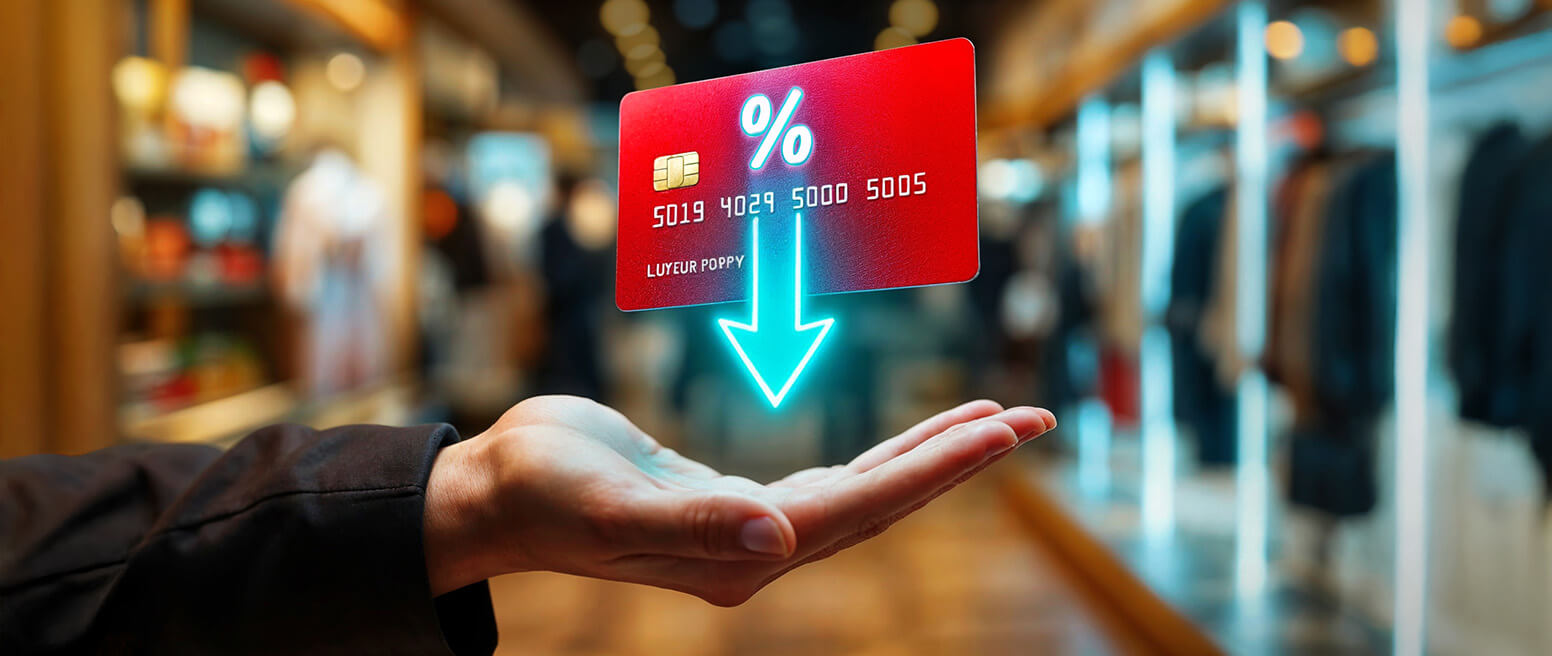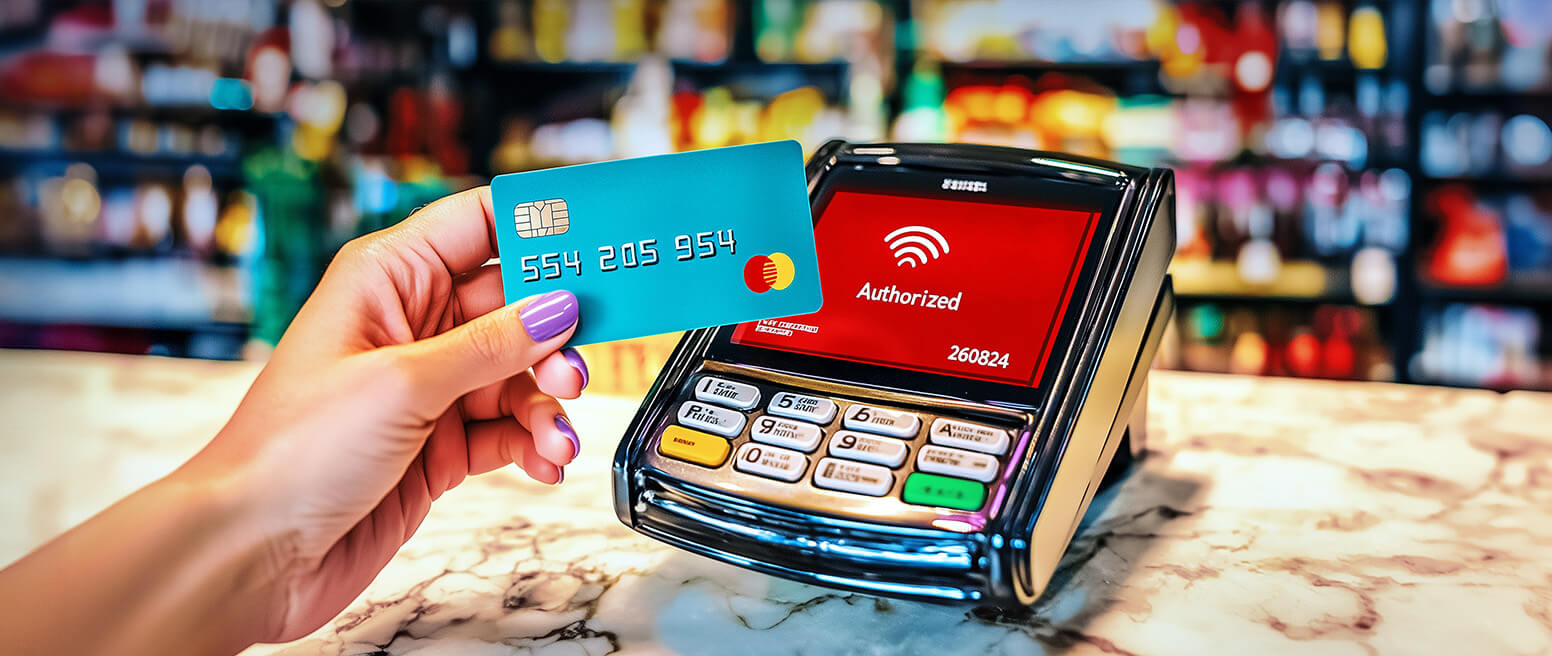Avoiding Chargebacks Associated with Transaction Authorization Errors
Authorization errors occur when merchants make a misstep or don’t follow best practices when attempting to gain authorization for a credit card transaction. These errors quite often lead to chargebacks and a loss of revenue.
It’s essential to get proper authorization prior to concluding a transaction. It can be tempting to try and circumvent such authorization for fear of losing a sale. Doing so, however, is very likely to result in a chargeback. This will cost you more revenue than simply losing the sale would have cost in the first place.
Fortunately, chargebacks that result from authorization errors are 100% avoidable.
How Authorization Works
Authorization is the process of gaining either approval or denial of a credit card transaction from the customer’s issuing bank. The authorization process also ensures the card hasn’t been reported lost or stolen. The specific details can vary between card schemes and/or merchant type, but the overall process and result are largely the same:
- The cardholder makes a purchase and presents card information to the merchant.
- Card information is electronically transmitted to the merchant’s acquiring bank.
- The acquirer passes the cardholder information along to the appropriate card network (Visa, Mastercard).
- The card network, in turn, transmits the card info to the issuing bank to ensure the cardholder’s account is in good standing and has sufficient funds to cover the transaction.
- If the bank verifies the funds in the cardholder's account, the merchant may place an authorization hold on the amount.
- The transaction is finalized when the funds transfer from the cardholder's account to the merchant's account.
Once the issuer reviews the cardholders account, a message containing the authorization response and code is routed back to the card scheme, then the acquirer, and finally to the merchant. This largely automated process takes place almost instantaneously, but there are still places where merchant actions can either make sure the authorization goes through as intended...or create a potential bank chargeback situation based on an authorization error.
To demonstrate how this all works, let’s take a look at the chargeback reason codes associated with Visa card authorization errors. These codes were altered and renumbered last year as part of the Visa Claims Resolution initiative; the overall functions remain much the same, but there are significant variations between the new system and the legacy system.
Visa Authorization-Error Reason Codes (Legacy)
In April 2018, Visa introduced changes to its chargeback dispute process, collectively labeled as Visa Claims Resolution (VCR). Prior to this change, five reason codes were associated with Visa authorization errors:
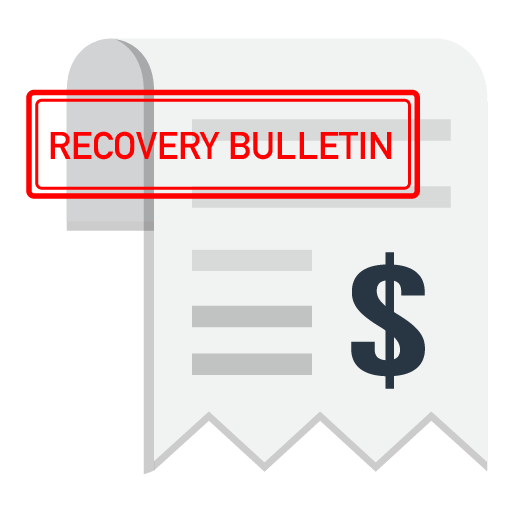
Reason Code 70: Card Recovery Bulletin
Visa chargeback reason code 70 comes from allowing transactions from an account number listed in the CRB.
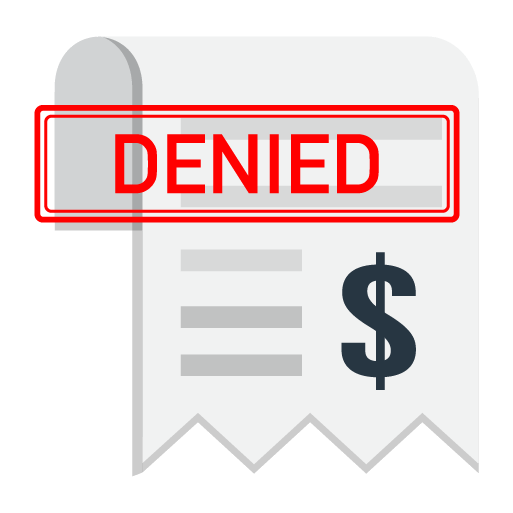
Reason Code 71: Authorization Denied
Visa chargeback reason code 71 occurs when an authorization has been declined.
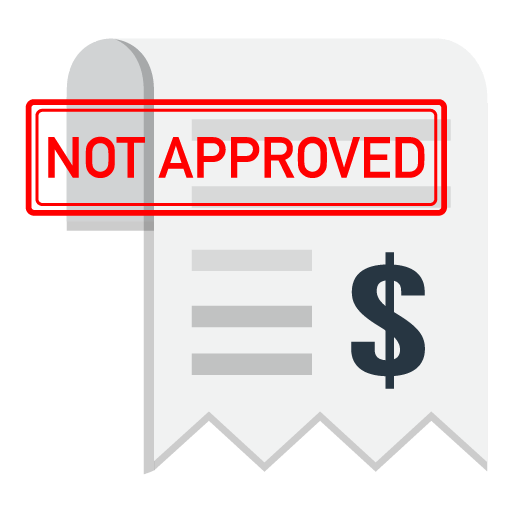
Reason Code 72: Authorization Not Approved
Visa chargeback reason code 72 occurs when the transaction information is incorrect or if no authorization has been given prior to completion of the sale.
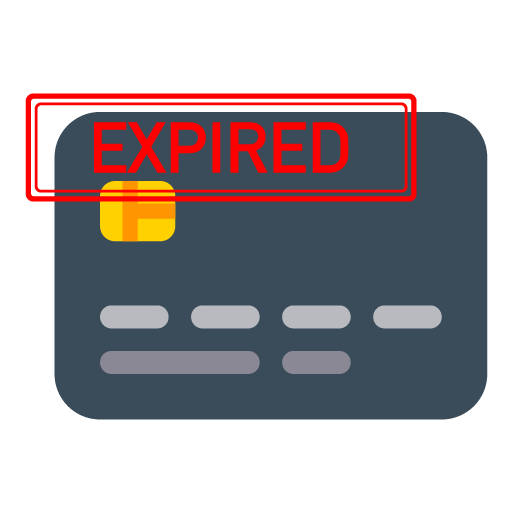
Reason Code 73: Expired Card
Visa chargeback reason code 73 happens when an expired card is used and therefore no approval was received.
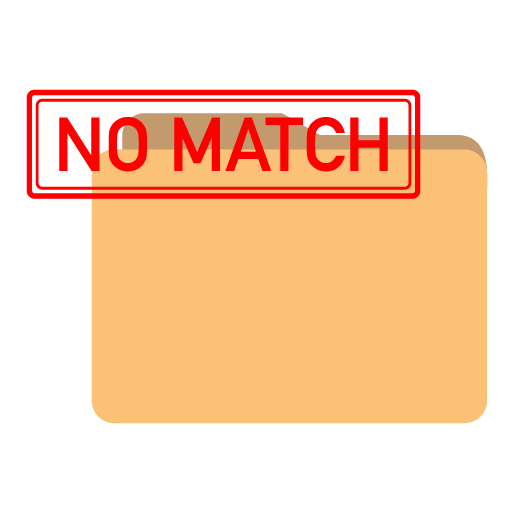
Reason Code 77: No Match
Visa chargeback reason code 77 is returned when an invalid account number has been utilized, often due to human error.
Visa Authorization-Error Reason Codes (Current)
Post-VCR, Visa reduced the number of reason codes and grouped them into four categories, one of which is “Authorization Errors.” This category has three codes:

Reason Code 11.1: Card Recovery Bulletin
Legacy Code: 70
Visa chargeback reason code 11.1 occurs when the merchant didn’t request authorization (typically because the amount was below the floor limit), and the account number was listed in the Card Recovery Bulletin. The transaction should have been terminated. However, the merchant failed to check the Card Recovery Bulletin (CRB) before allowing the transaction.
The simplest way to prevent this type of chargeback is by checking the Card Recovery Bulletin before you process the transaction.
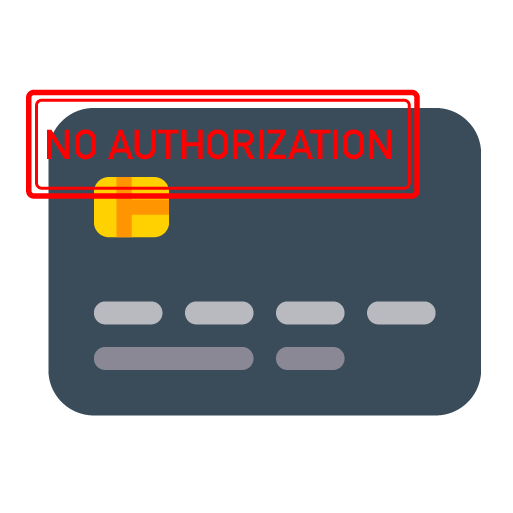
Reason Code 11.2: No Authorization
Legacy Code: 71
Visa chargeback reason code 11.2 is the result of receiving a declined authorization but going ahead with the transaction anyway. When a card is declined, it is in your best interest to accept that answer and either cancel the transaction or ask for a different form of payment. Don’t attempt to force a transaction through by repeatedly swiping the card or by seeking authorization via manual card entry or over-the-phone approval.
To avoid these types of authorization errors, simply follow standard processing procedures. Submit the transaction for authorization and proceed with the transaction only if it is approved.

Reason Code 11.3: Delined Authorization
Legacy Code: 72
Visa chargeback reason code 11.3 occurs when the transaction information is incorrect or if no authorization has been given prior to completion of the sale.
Prevent these chargebacks by always sending an authorization request and waiting for approval before processing a transaction. Don’t add a tip to the bill amount. If your card reader is having trouble processing the card and you utilize a keyed-in entry or a voice authorization, make sure you write down the authorization code.
(Note: Reason code 73 is no longer usable. Reason code 77 was moved to a different category.)
Prevent Chargebacks from Authorization Errors
Authorization errors are just that: errors, on the part of the merchant. The good news is, they are easily avoided. Make sure you—and your employees—know to double-check authorization before completing a transaction. If it’s necessary to key in an account number or receive voice authorization, you should record the authorization code, every time. Have a safe standard place to keep them for future reference.
Taking these steps will help you prevent chargebacks. But the causes of chargebacks aren’t always this obvious. If you find you’re still experiencing disputes because of authorization errors, contact Chargebacks911®: We offer a 106-point inspection of a business’s practices and policies to uncover potential chargeback triggers merchants may miss.
Click or call us today for a free ROI analysis. We’ll show you how much more you could earn by correcting the technical errors that are leading to chargebacks.






